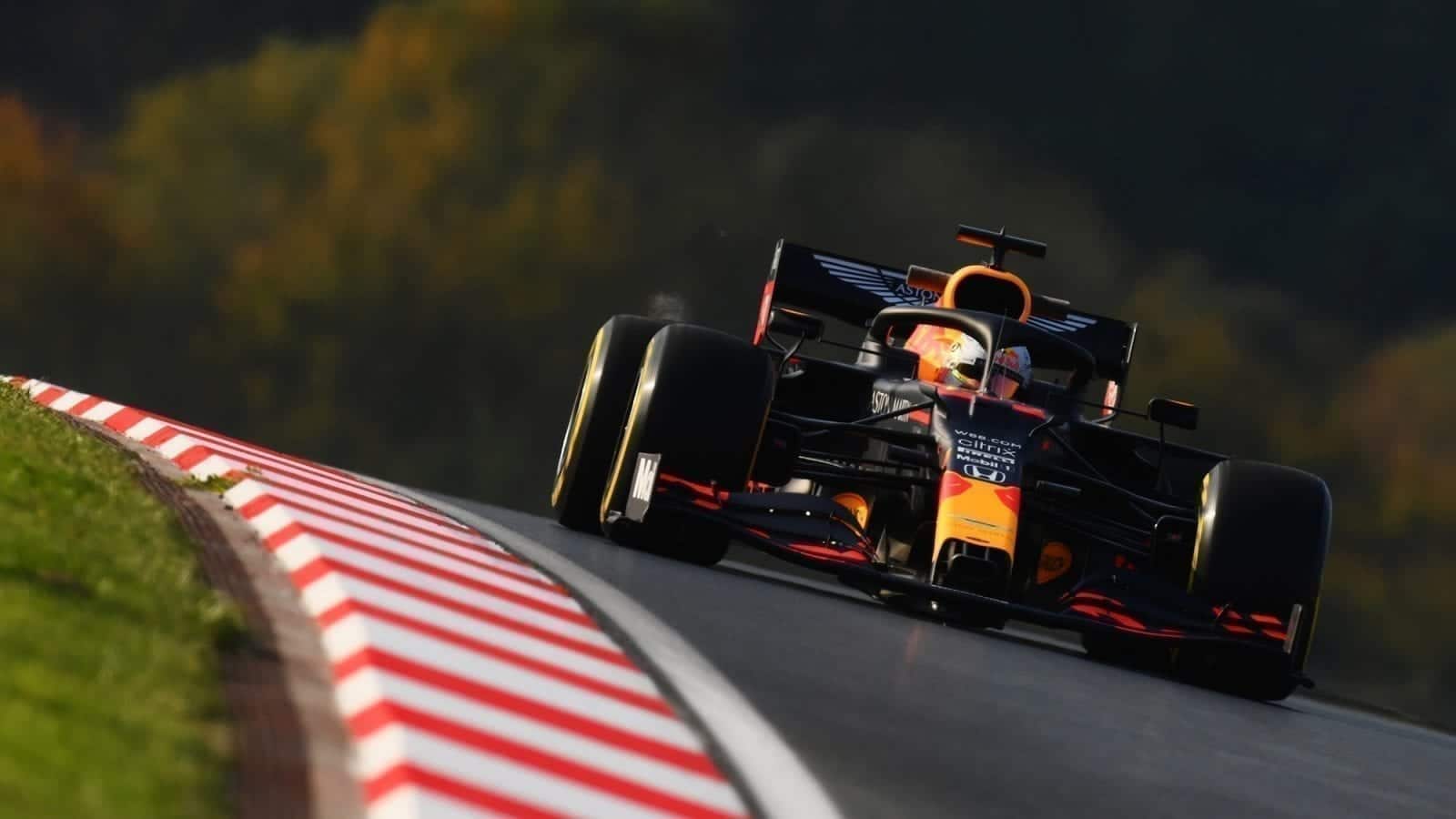Dietrich Mateschitz founded Red Bull in 1987 and saw extreme sports and event promotion as key to marketing his new energy drink. Previously a Formula 1 sponsor with Arrows and Sauber, Mateschitz acquired the under-performing Jaguar Racing team in 2005 and installed sometime Formula 3000 driver and successful team owner Christian Horner as the youngest F1 Team Principal so far.
Early progress was slow although David Coulthard did finish third in the 2006 Monaco Grand Prix. Key to the emergence of Red Bull Racing as a leading player was the arrival of Adrian Newey to work on the RB3. Now powered by Renault engines, the team came of age in 2009 with young star Sebastian Vettel challenging eventual champion Jenson Button.
Runners-up that year, Vettel and Red Bull won both championships for the next four years during a period that bore similarities to the Schumacher/Ferrari domination at the start of the century. However, the change to 1.6-litre turbocharged engines in 2014 saw Renault, and therefore Red Bull, usurped at the top of the time charts by Mercedes-Benz.
The relationship with Renault broke down and their engines were officially re-branded as TAG Heuers from the 2016 season. Max Verstappen was promoted from the sister Toro Rosso line-up at that year’s Spanish GP and the teenager promptly won on his debut for the team. Daniel Ricciardo won seven times during his five seasons with Red Bull before he moved on believing the young Dutchman was favoured as number one driver.
Red Bull switched to the previously maligned Honda engines for 2019 and Verstappen’s three victories that year included a home win at the Red Bull Ring in Austria as the team finished third overall for three years in a row.
The following year brought news of Honda’s exit from F1, despite its engine’s continued improvement. With Ferrari’s decline, Red Bull was the second-quickest team on the grid — a lonely position between the dominant Mercedes and midfield battle.
Verstappen was such a podium regular that, retirements aside, he only finished outside of the top three once in 2020 and won twice. His team-mate Alex Albon struggled to get to grips with the car, however. Despite two third-place finishes and an uncharacteristically patient approach from Horner, he was dropped at the end of the season and replaced by Sergio Perez.
2021 saw the Milton Keynes outfit make a return to genuine title contention: taking on Mercedes in a thrilling season-long battle for both world championships. Verstappen repeatedly clashed with Lewis Hamilton, most dramatically in Monza and Saudi Arabia, but eventually emerged victorious in a controversial season finale in Abu Dhabi — earning his first drivers’ world title with a last-lap pass.
Red Bull’s success only gained momentum from there, as technical regulation changes in 2022 saw the Adrian Newey-led design team hit the ground running, resulting in a second consecutive drivers’ title for Verstappen — who claimed 15 race victories — and Red Bull’s first constructors’ title since 2013.
In 2023, the team found a way to improve even further, with more record-breaking results. The team won all but one of the 22 races, claimed a second consecutive constructors’ crown and Verstappen romped to his third drivers’ world titles with consummate ease: courtesy of 19 race victories, he led second-placed Perez by 290 points in the drivers’ standings.
2024 told a different story, with a mid-season dip in form and the gradually declining performance of Sergio Perez throwing Red Bull’s defence of both world championships into doubt.
While Verstappen won seven of the first ten races of the season, a major upgrade for McLaren at the Miami Grand Prix turned Lando Norris and Oscar Piastri into regular race-winning contenders. Similarly, Ferrari and Mercedes also made major performance gains, and all three teams gradually drew level with Red Bull — resulting in weekly fights at the front for victory.
Nevertheless, despite the increased competition, Verstappen’s scarcely believable consistency and ability shone through: scoring a brilliant victory in Sao Paulo from seventeenth on the grid, before clinching his fourth consecutive world title in Las Vegas.


